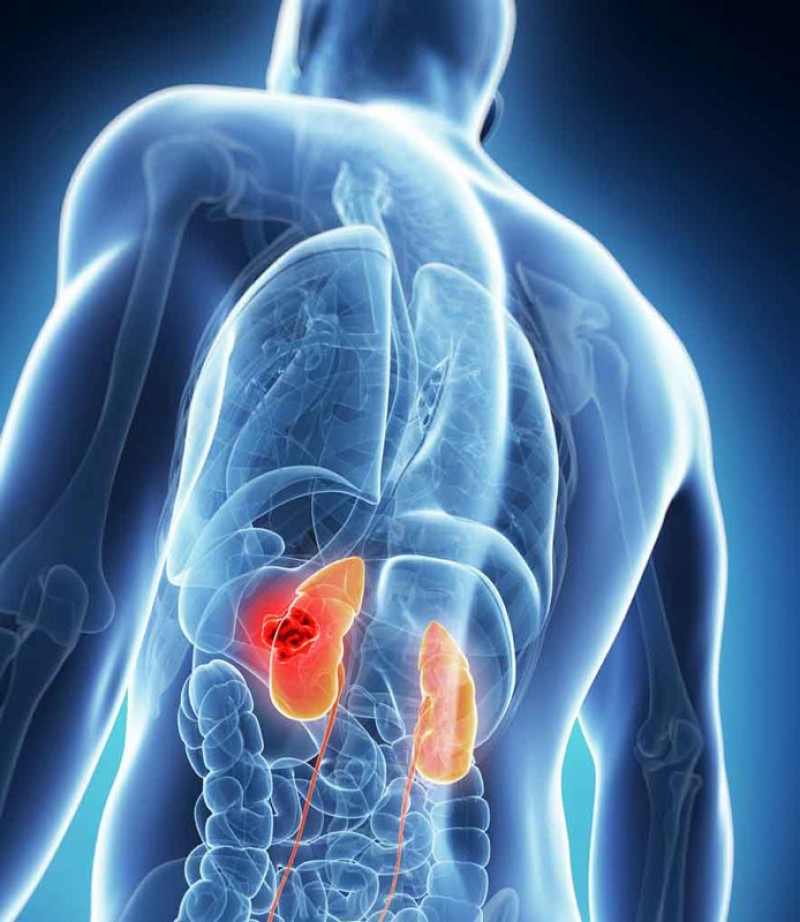Late screening, poor facilities spur kidney diseases � Association
Baboki Kayawe | Tuesday August 9, 2016 14:53


The society’s concerns come after Parliament learnt last week that there are currently 351 patients on kidney dialysis throughout the country, with a total of 10 transplants done since 2011, all of them outside Botswana.
Society founder, Kitso Otlogetswe, who is a kidney patient, decried inadequate expertise as well as facilities to treat renal failure. He added that in most cases, kidney diseases are diagnosed at an acute stage owing to poor screening services.
“Kidney diseases are rising in Botswana, and the mortality is equally rising. The problem emanates largely from late diagnosis as screening is not timely,” he said. Otlogetswe said the fact that hypertension, diabetes and HIV/AIDS are high risk factors for kidney diseases, should prompt health practitioners to conduct renal disease screening on patients already affected by the above conditions.
“There is a growing trend in which patients on anti-retroviral drugs are at a higher risk of renal failure and the same applies to hypertension and diabetes patients.
It should be compulsory to test them for kidney diseases to avoid late diagnosis,” he emphasised.
The status quo is such that many are admitted to Princess Marina Referral Hospital when their conditions are acute, presenting greater costs for government as renal failure has great financial challenges, said Otlogetswe.
“Since the introduction of haemodialysis kidney centre in Marina back in 2009, over 400 people on dialysis have died,” he added.
The other group in the red, he said, are men who usually use strong traditional medicine whereby quantities are not measured. In most cases, he said men have a 60% risk of suffering renal failure while women are at 40%. The most affected age bracket is around the age of 40, though there are growing numbers of primary school pupils on dialysis to date.
Otlogetswe said government needs to train human capital to tackle kidney diseases. “It is time government places at least two dialysis machines in every primary hospital to curb congestion at Marina because at the moment there are about 85 people on haemodialysis at the place and it is crowded,” he said.
“We have three sessions in a week and you can imagine how that is with a lot of people on this treatment.”
Another concern, he said, is the fact that renal disease control is done by private practitioners as government sends patients to Bokamoso and Gaborone Private Hospitals for sessions.
“We could be capacitating our health professionals to do this as well as perform kidney surgeries and we need to upgrade our facilities,” Otlogetswe said.
Recently, assistant minister of health, Alfred Madigele told Parliament that there were 351 patients on kidney dialysis throughout the country, with 18 referred to South Africa for atriovenous fistula between January to July 2016.
“There have been a total of 10 transplants done since 2011 and nine of these were done in India with one in South Africa,” he said.
Without stating the period, Madigele said in total four mortalities related to kidney transplants had been recorded.
Madigele was responding to a question from Ramotswa Member of Parliament, Samuel Rantuana who inquired on the number of patients on kidney dialysis throughout the treatment.
Rantuana further asked how people residing far from Francistown and Gaborone are assisted to which Madigele admitted that there was a problem though efforts were made to accommodate them while on visits for dialysis during their time of check-ups.
The Botswana Kidney Society’s recent fundraiser called ‘Up Kgale Hill Charity Climb’, which was held in association with BoMAID will identify 85 patients to be assisted with transport fares when travelling to the two centres.
